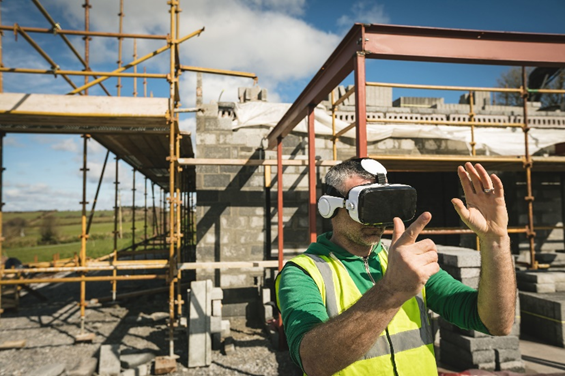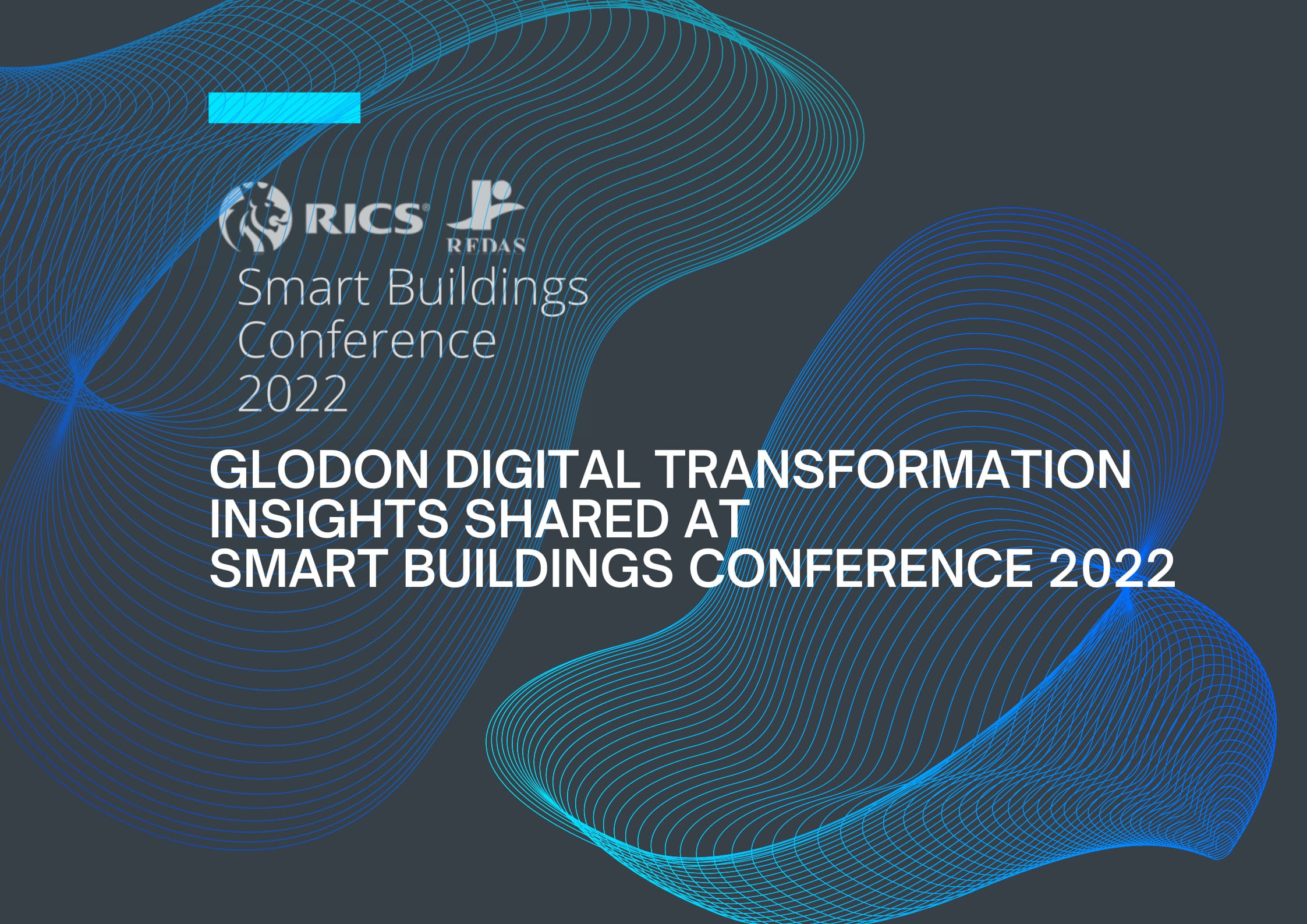Mar 27.2023
Digital Transformation in Construction: Why it Matters
A digital
revolution has transformed many industries, including the construction industry. The tools and
technologies we use to design, construct, and operate our buildings have become
more streamlined thanks to digitalisation, however,
construction still remains one of the least digitalised industries in our
society.
Glodon Vice President Pierpaolo Franco said, "humans spend most of our time indoors; therefore, the building sector has no reason to lag behind in the sweeping trend. Digital transformation of the building industry cannot be achieved overnight but requires overall planning and gradual development."

In the years to come, digitalisation will continue to grow in
influence in the construction industry, offering many benefits such as Building
Information Modeling (BIM), Digital Twins, Virtual Reality (VR), cloud
computing, and robots. The construction industry is motivated by a number of
benefits of digital transformation.
Improved Efficiency and Productivity
A significant advantage is improved efficiency and productivity.
Construction companies can use digital tools like BIM to create models of
buildings, improving efficiency and planning. Through BIM, architects,
engineers, and contractors can collaborate on a single digital platform,
reducing errors and improving communication.
Improved Collaboration and Communication between Stakeholders
The construction industry also benefits from digitalisation in terms
of collaboration and communication. Architects, engineers, contractors, and
owners can collaborate together on a project using digital tools, sharing
information and data, and making decisions at the same time. With cloud-based
collaboration and project management tools, everyone has access to the same
information and can communicate more effectively. Delays and errors are reduced
as a result of better communication and coordination.
Enhanced Accuracy and Quality
In construction projects, digitalisation enhances accuracy and
quality. IoT devices allow construction teams to capture precise measurements
and data, which can be used to create accurate models and maps. By tracking
progress in real-time, sensors can help identify potential issues before they
become major ones. This reduces errors and ensures that projects are completed
to a high standard.
Cost Savings through Optimised Processes and Reduced Waste
One of the benefits of digitalisation in the construction industry
is cost savings. By reducing waste and optimising processes, digital tools can
result in lower costs for materials, labour, and equipment. Furthermore,
reducing rework can save a significant amount of time and money. Some estimates
claim that rework costs up to 5%, and that's only counting the direct cost.
Using BIM, potential clashes or conflicts can be identified before construction
begins, reducing the need for expensive rework after construction begins.
Increased Safety on Construction Sites
Construction sites are also safer with digitalisation. Virtual
reality and augmented reality, for example, allow workers to simulate
construction processes before implementing them on-site, allowing them to
practice safety procedures in virtual environments. In addition, construction
teams can monitor and track workers, equipment, and materials with wearables,
sensors, and drones, reducing injuries and accidents.
Improved Sustainability
There is a growing need for a more sustainable built environment. Construction is one of the largest contributors to global carbon emissions and environmental degradation. Digitalisation can contribute to the achievement of these sustainability goals in the construction industry. Construction professionals, for example, can track and manage the lifecycle of building materials, from procurement to disposal, with material tracking tools. Digital tools can also help the construction industry monitor and manage energy consumption in buildings, allowing for greater efficiency and reduced energy consumption. This can reduce waste, promote circularity, and help reduce the environmental impact of construction.
As a digital building platform service provider, Glodon has been committed to digitalisation in the construction industry with a vision to create a better working and living environment with technology. Glodon provides over 100 products and services that cover the entire lifecycle of buildings and has over 80 subsidiaries worldwide, serving over 340,000 enterprises in more than 100 countries and regions.













